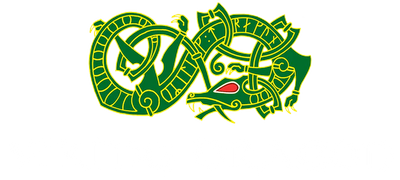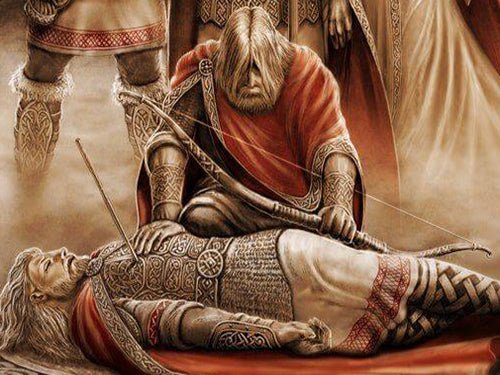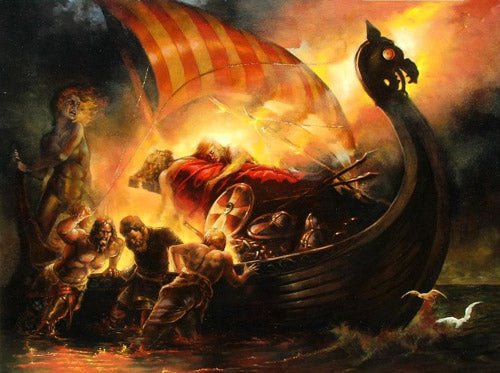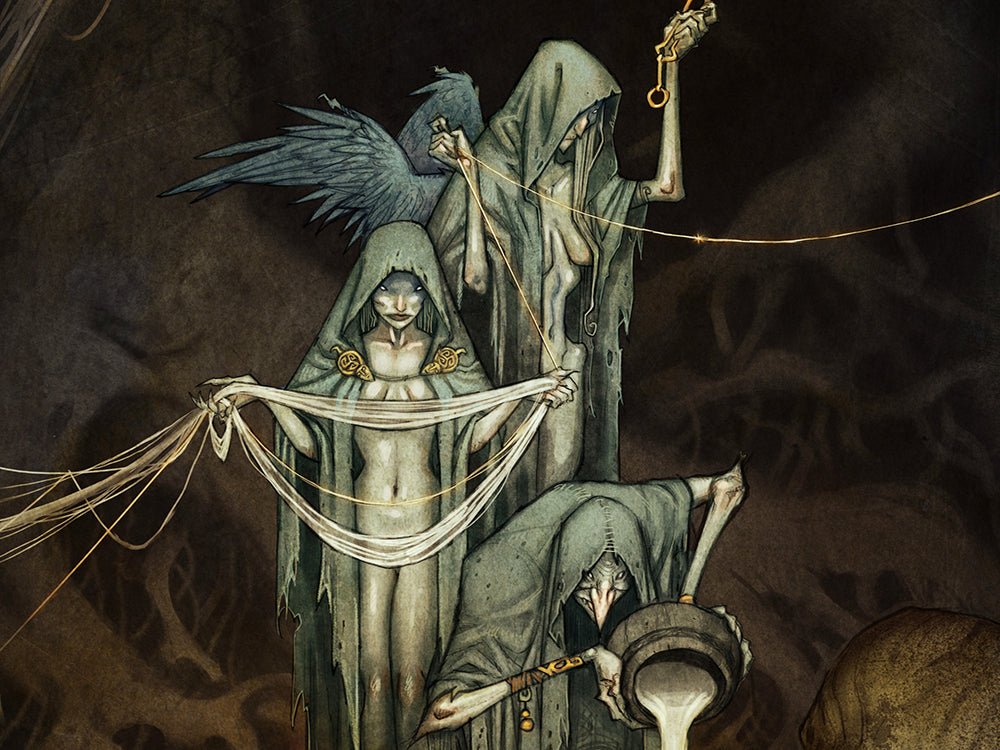Balder, son of Odin and Frigga, was the best beloved of the Norse gods. His beauty was radiant, his graciousness was unmatched, and his wise judgments were never disputed by his high-tempered fellow deities. It was said that no evil dared to enter Breidablik, his high house in Asgard.

So when Balder had terrible dreams that warned of his death, the gods – at least, most of the gods – were distraught. Odin went to a wise-woman who confirmed that Hel, the fierce goddess who imprisoned mortals unlucky enough not to be chosen for Asgard in her foul hall, was preparing to welcome Balder. The wise-woman added dark hints that the gods were without hope and their destruction was at hand.
Frigga was not prepared to give up hoping. She traveled throughout the Nine Worlds begging every dangerous creature and every substance which could do harm to swear never to harm or kill Balder.
Her petitions were answered. Serpents and monsters, fire and water, metal and stone, sicknesses and poisons, plants and animals which could yield either venom or material for a weapon, all promised that Balder would be safe from them forever.
Her petitions were answered. Serpents and monsters, fire and water, metal and stone, sicknesses and poisons, plants and animals which could yield either venom or material for a weapon, all promised that Balder would be safe from them forever.
At last Frigga was sure that she had warded all danger from her beloved son. She told the other gods what they had done, and in their delight and relief they took up a new sport. They threw spears and stones at Balder, shot arrows at him, hacked at him with swords, and marveled to see the weapons turn aside, leaving him unharmed.

One day a stranger woman came to the place where the gods attacked Balder, and she asked Frigga to explain the strange sight. When Frigga described the precautions she had taken for her son, the stranger expressed great admiration and asked if Frigga had really gotten promises from everything. Frigga said that there was one exception, a little plant called mistletoe which grew to the west of Valhalla; it was too young and insignificant to do any harm, and she hadn’t asked it for a promise.
The stranger nodded and hurried away. Frigga didn’t look to see where she went, or stop to think what might have motivated her questions.
But the 'stranger' was no simple woman; rather, 'she' was one of the many disguises of the trickster god Loki, who did not share his fellow gods’ delight at Balder’s safety. Loki pulled up the mistletoe plant and honed it into a spear. Then he went back to the assembly of the gods.
Outside the ring of laughing, weapon-hurling gods stood one disconsolate figure: the blind god Hoder. When Loki asked why he didn’t honor Balder like the others, Hoder said that his blindness made it impossible for him to aim. Loki made sympathetic noises, promised to help, set the mistletoe spear in Hoder’s hand, positioned him carefully, and guided Hoder’s arm as he threw.
Loki’s aim was good. As the weapon flew toward Balder the gods laughed, waiting for it to turn aside like all the others. They stared in unbelieving horror when it pierced Balder’s heart and Balder fell dead to the ground.

The gods were all stricken with such grief as they had never known before, but Odin took it worst of all. He had lost his dear son, and he also felt that the wise-woman’s prophecy of hopeless destruction was coming to pass.
The mourning of the gods, and their desperate attempt to ransom Balder from Hel, will be described in another blog.
Click here to see more of our blog posts: https://thevikingdragon.com/blogs/news
Click here to see more of our blog posts: https://thevikingdragon.com/blogs/news



